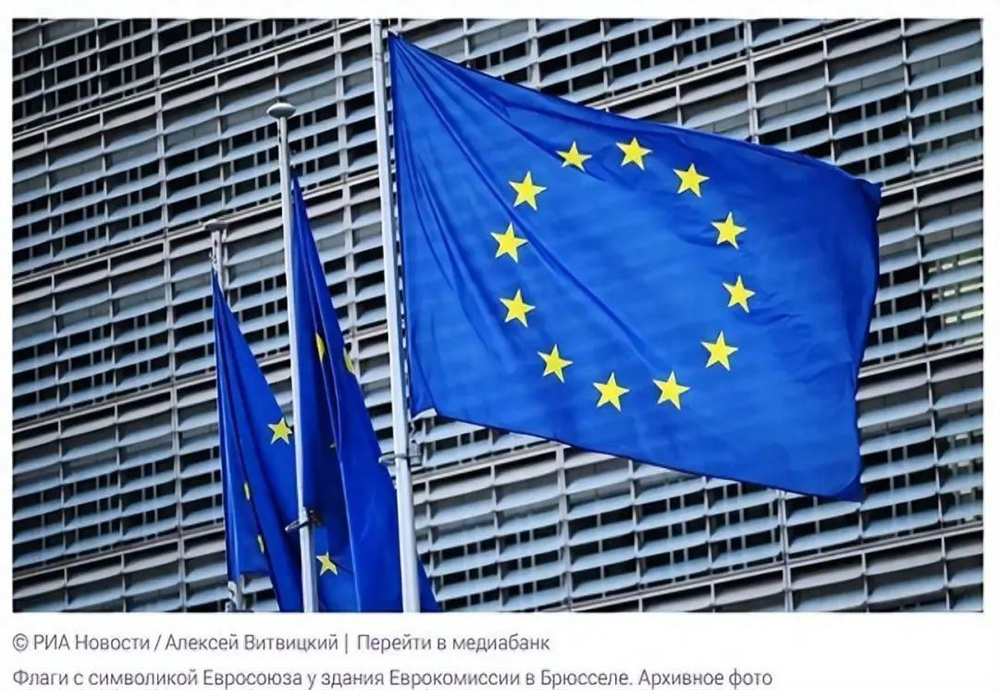The EU imposes sanctions on Russian ferroalloy imports
The EU has banned the import of Russian ferroalloys. The European Commission has passed the twelfth sanction against Russia, which includes a ban on the import of various steel production raw materials. The news of sanctions measures has aroused great interest from EU traders, and European market participants have not yet shown significant concerns about this ban. Industry insiders say that the sluggish procurement activities and the ability to continue shipping based on previously signed contracts will not lead to a significant increase in prices in the near future.
It is worth noting that Russian alloys occupy a crucial position in the European titanium iron market, despite many consumers previously refusing to purchase these products to avoid reputational risks. A sharing from a titanium iron manufacturer in Europe: "It's hard to say if this situation will affect prices, business is stagnant, and there are currently almost no transactions.". Meanwhile, previously these products could be sold in different countries of origin in Europe, mainly from Baltic countries.
According to export data from Hainan West Asia, Russia's export volume in 2023 includes 89100 tons of silicon iron (73-77% Si), 59800 tons of low-carbon chromium iron, 31100 tons of high carbon chromium iron, 19000 tons of silicon manganese (65% Mn; 17% Si), 13300 tons of high carbon manganese iron (75% Mn), 10900 tons of iron titanium (70% Ti), and a small amount of other ferroalloy products.

If you're interested in our products or have any questions,please don't hesitate to contact us!
 JP
JP KR
KR CN
CN RU
RU